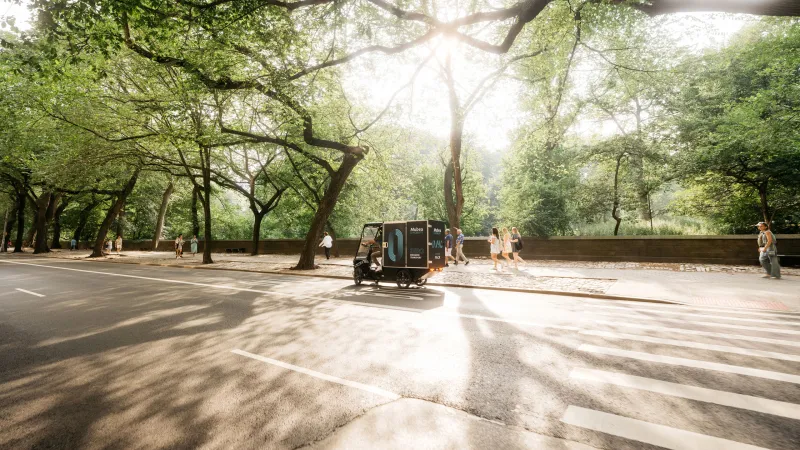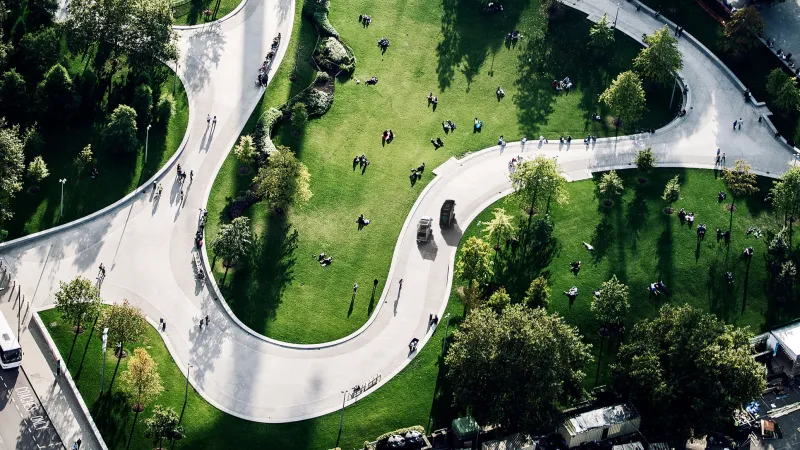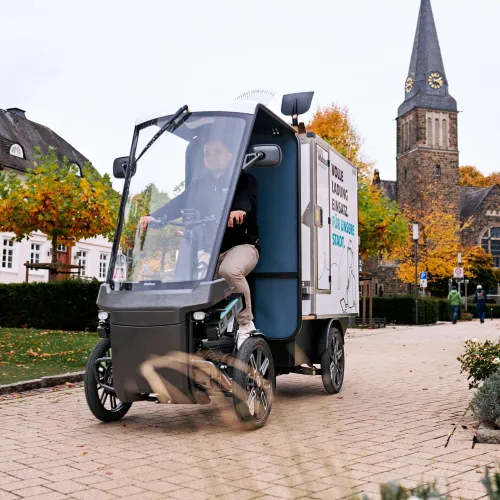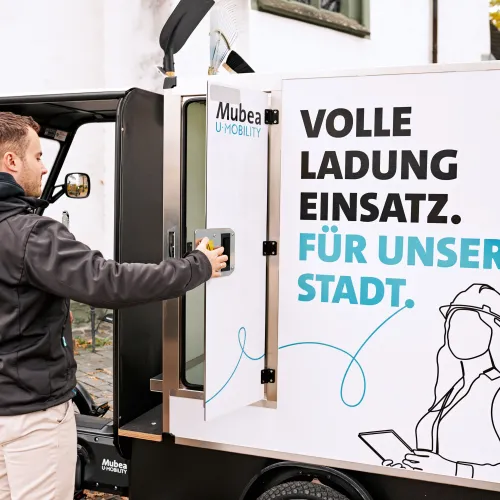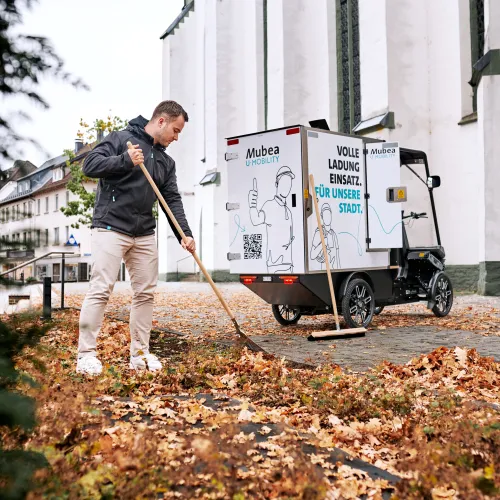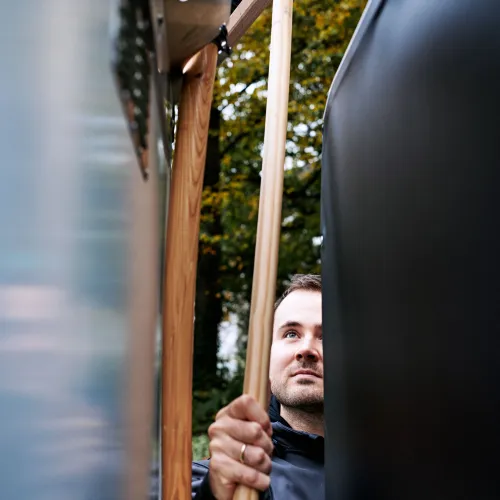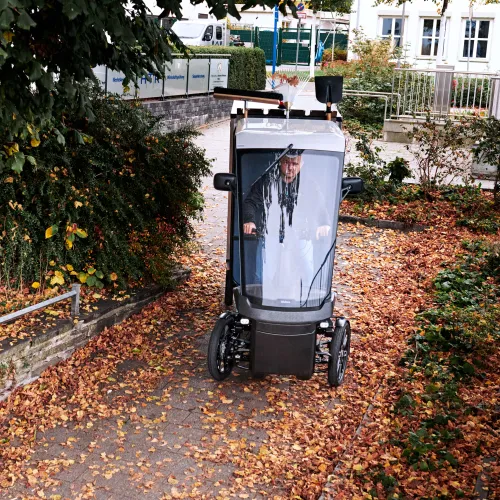Cleaner air. Better quality of life. Future-proof mobility.
Cities and municipalities are shaping a sustainable and efficient transport revolution: using our eCargobikes. Whether for waste management, city cleaning or municipal services, our eCargo models ensure flexibility, reliability, and become a strong signal for climate protection.
Why eCargobikes for cities & municipalities?
Less traffic, less noise, cleaner air.
Reducing CO₂ emissions and achieving climate targets.
Lower operating and maintenance costs than vans.
Robust technology, fast service, durable components.
From city cleaning to park maintenance, flexible and customizable.
A visible sign of modern, climate-friendly cities and municipalities.
Here comes the PACK CIVIO
The PACK CIVIO is the dependable transport solution for municipal services. Its large, enclosed transport box keeps tools, equipment, and consumables safe and protected from the elements. A four-position tool holder between the driver’s cab and the box ensures quick access, while a mounting plate for a warning beacon provides additional safety on the job. An air ventilation system, sealed partition wall, and drainage outlet ensure optimal hygiene and easy cleaning. Robustly built, highly manoeuvrable in urban areas, and quiet in operation – the PACK CIVIO is the ideal, zero-emission alternative to a conventional van.
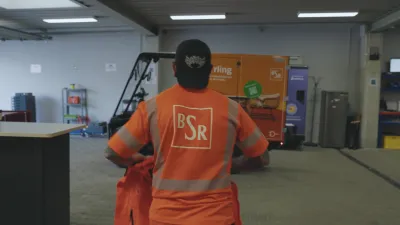
The “Sperrling” as a Berlin Success Model for Sustainable Municipal Waste Management
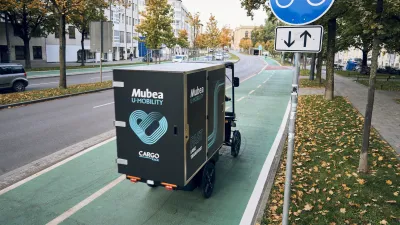
PACK & WORK: The Sustainable Transport Solution for Cities, Municipalities, and Trade with Intelligent Custom Vehicle Bodies
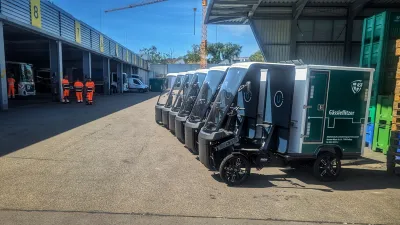
Sustainable Mobility in Waste Management: Mubea eCargobikes for the City of Freiburg
E-Volution: Mubea's U-Mobility Fact Sheet
What does the future of urban mobility look like? Our new Fact Sheet provides the answer: A modern magazine, compact and inspiring. The focus is on electric cargo bikes as a smart alternative for sustainable and efficient last-mile logistics. Be inspired by our vision of an emission-free and livable city.
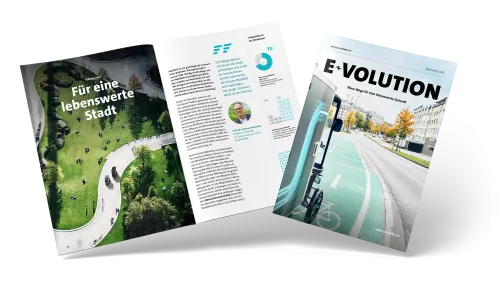
E-mobility on the fast track
The desire for alternatives in urban mobility
70% of employees want environmentally-friendly transport alternatives.
Changes to the vehicle fleets
Compared to 2024, there will be around three times as many vehicles with alternative drive systems in German fleets in 2030.
Electric vehicles in use
By 2030, 160 million battery-powered electric vehicles are forecast worldwide.
The changing world
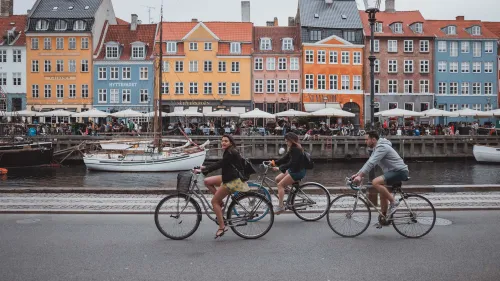
Copenhagen
The citizens of Copenhagen cycle 1.4 million kilometers every day. Here, cycling is deeply rooted in urban culture.
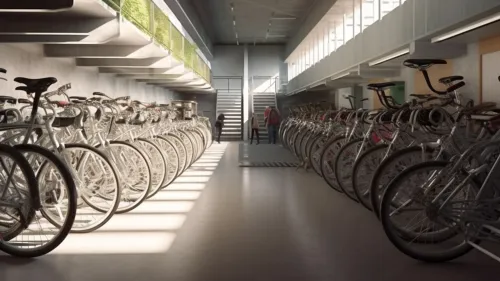
Utrecht
With 12,500 parking spaces, Utrecht's bicycle parking facility is the largest in the world. A symbol of smart, cyclist-friendly city design.
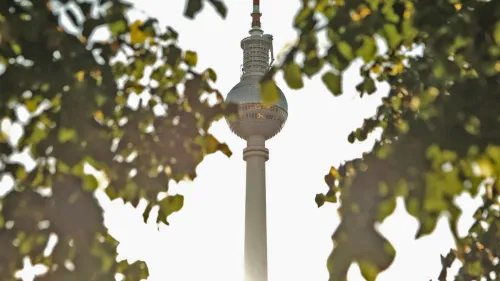
Berlin
Berlin features 850 kilometres of bike lanes – and counting. The city is investing heavily in sustainable mobility.
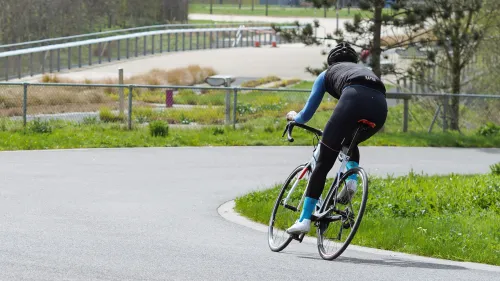
Stuttgart
In Baden-Wuerttemberg, an 8-kilometer cycle superhighway connects Stuttgart with Sindelfingen/Böblingen. Commuting becomes faster and more eco-friendly.
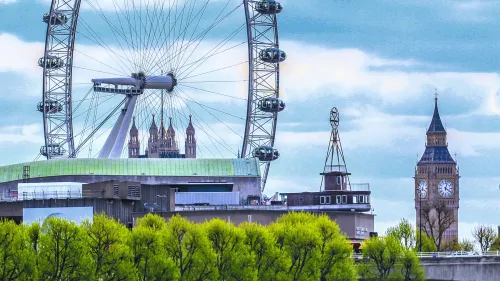
London
London’s Cycle Superhighways connect the centre with outer districts. A network that makes cycling ideal for commuters.
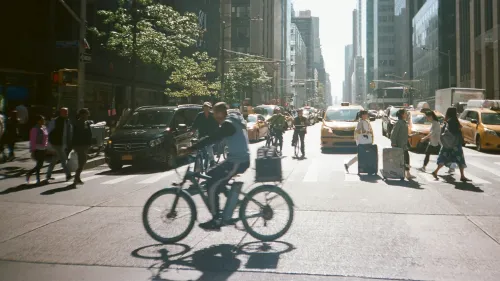
New York
Over 620,000 bike rides are taken in New York City each day. Nearly one in three adults uses a bicycle regularly.
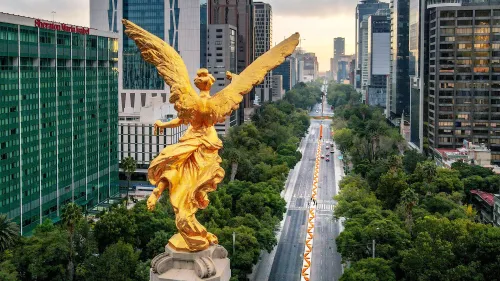
Mexico City
On Sundays, Mexico City's central artery Paseo de la Reforma becomes an enormous car-free cycle boulevard. The city turns into a stage for sustainable movement.
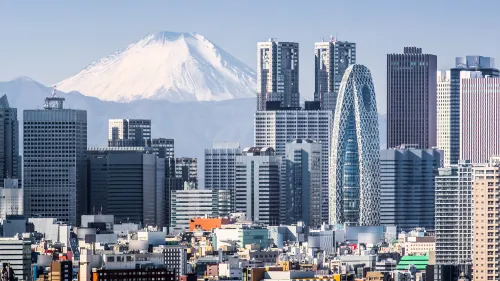
Tokio
In 2024, Tokyo invested about ¥ 6.1 billion in new cycling projects. By 2030, the network will grow by 50 % to over 600 kilometres.
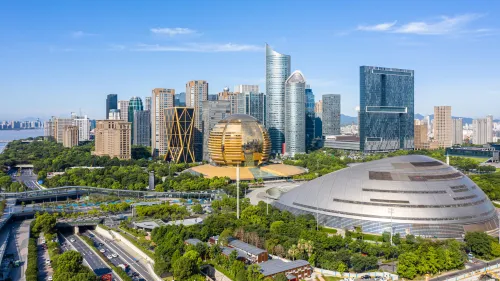
Hangzhou
More than 4,000 kilometres of bike lanes link seamlessly to public transport. Hangzhou stands as a model for urban mobility.
Join us in making our cities cleaner and more liveable!
With future-proof, flexible and cost-efficient solutions for cities and municipalities.
